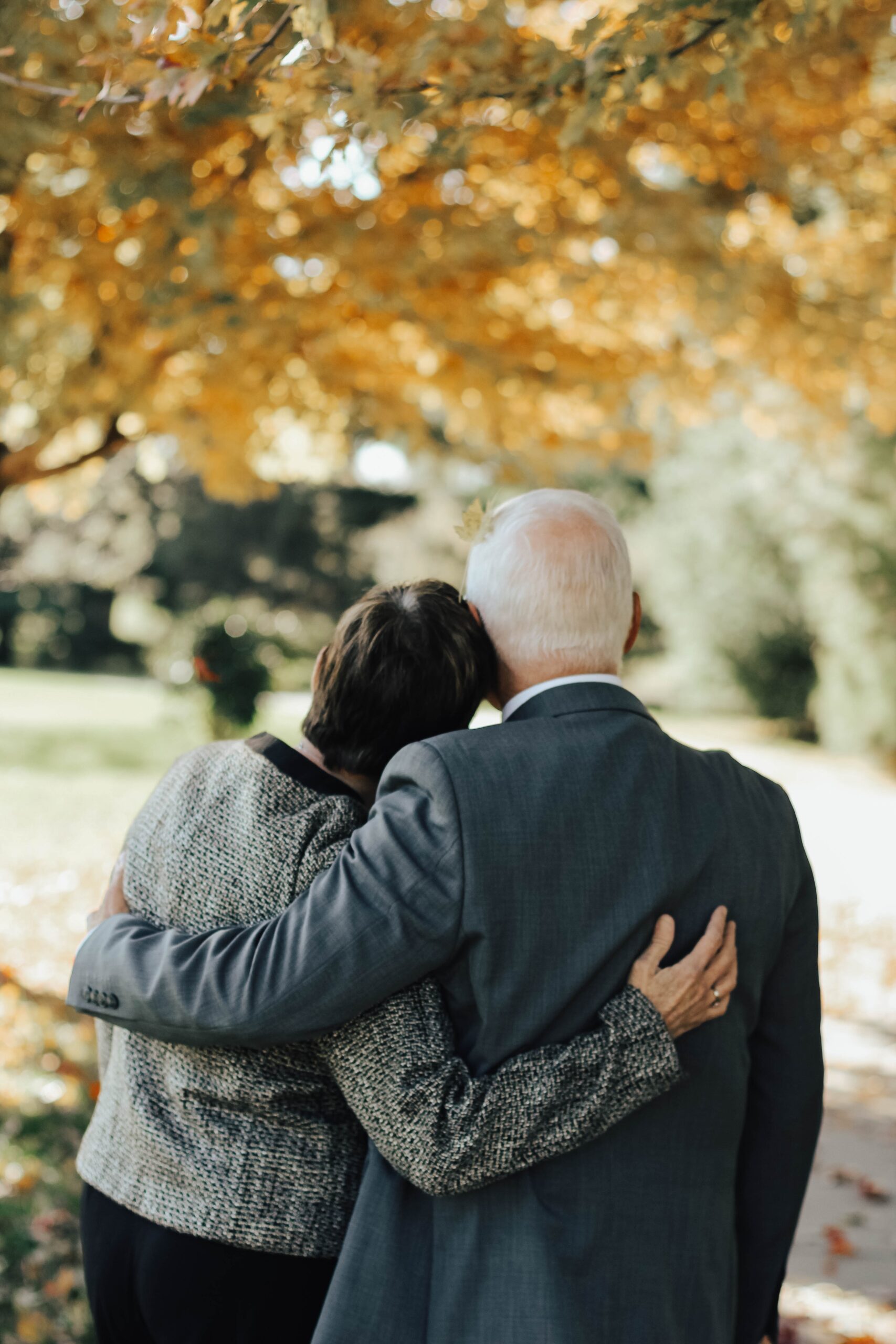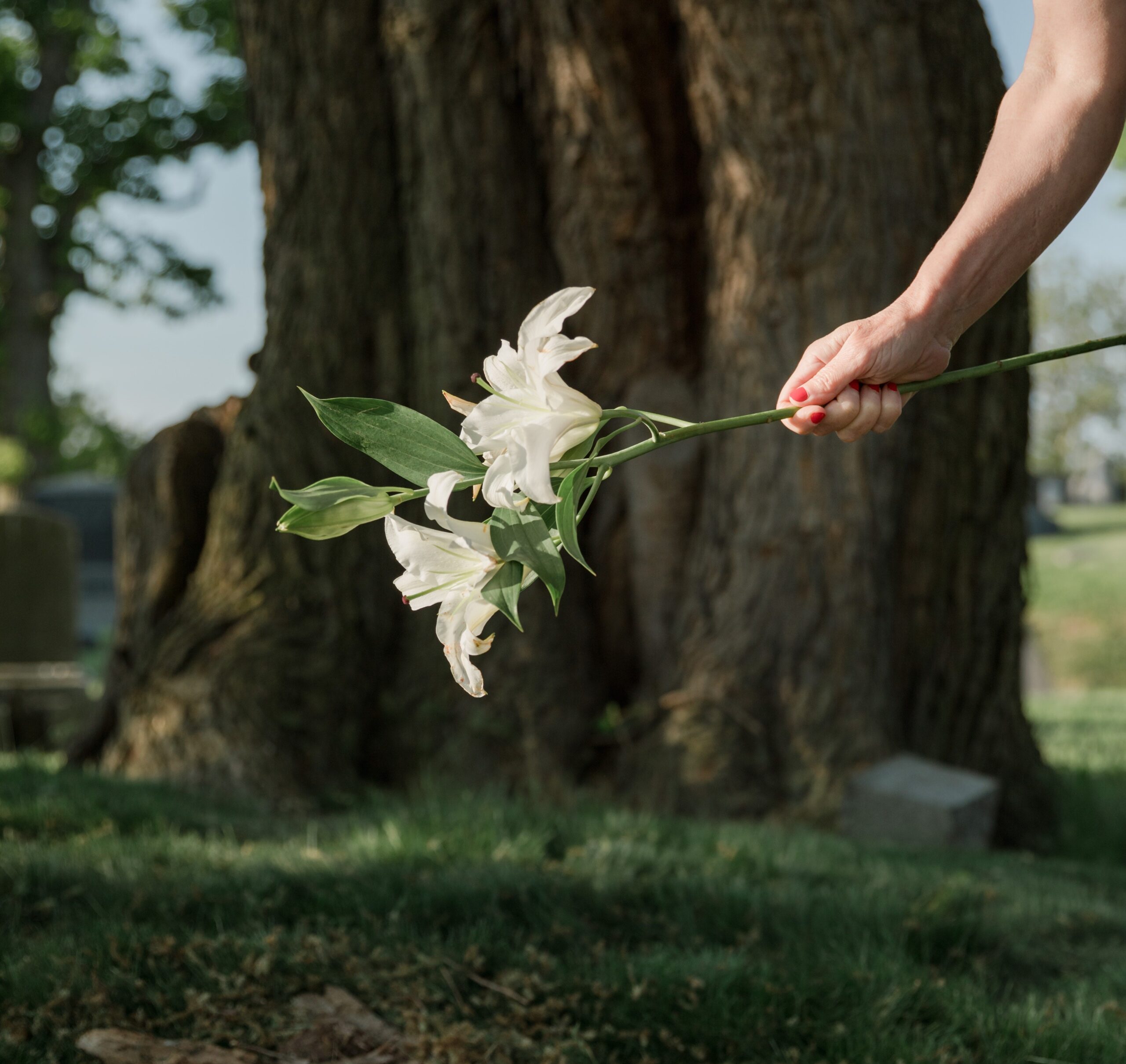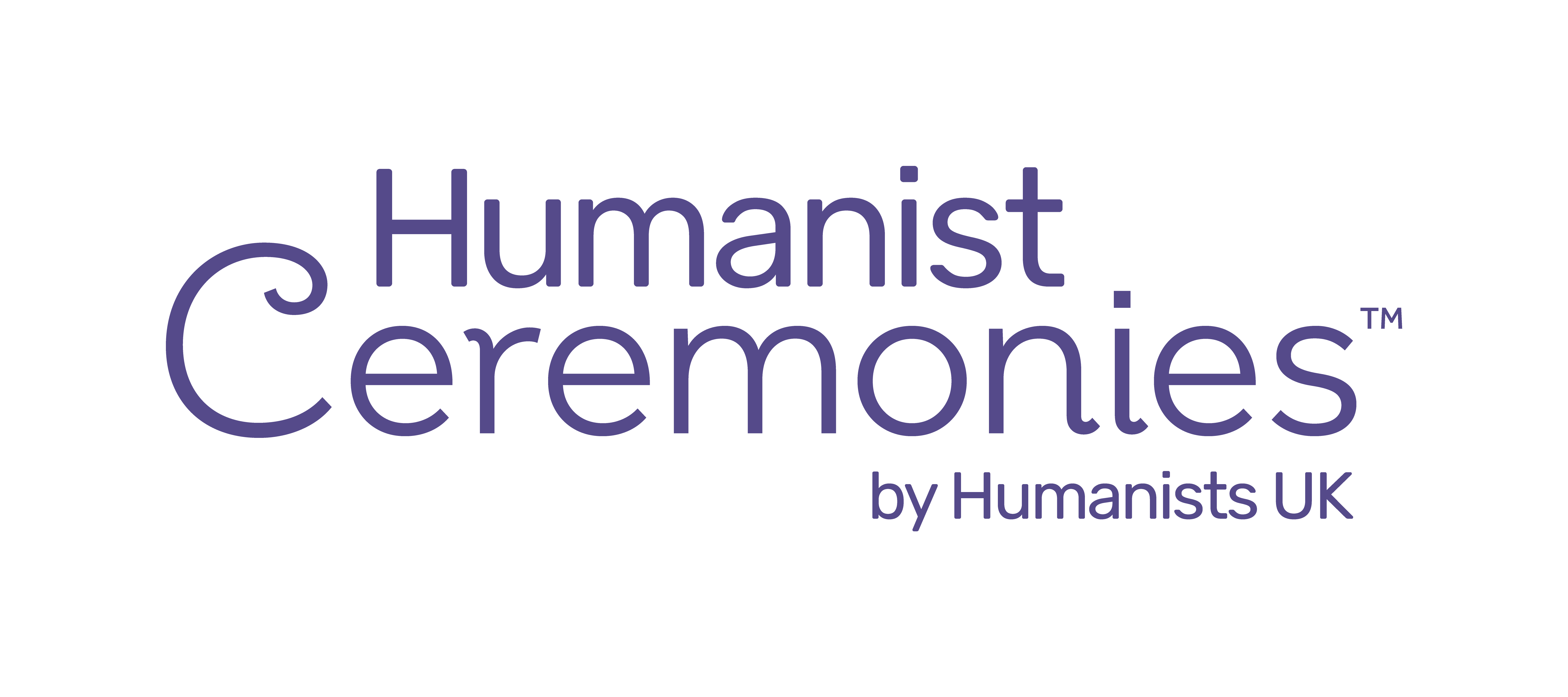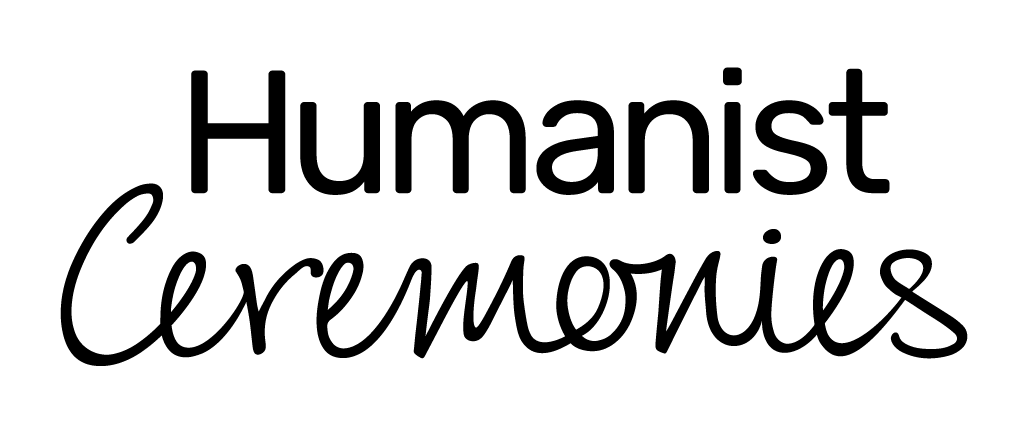What to Expect
What to Expect
Initially, I will arrange to meet with key family members and friends to discuss the general outline of the ceremony and understand who might want to take part or lead particular elements. Ideally, this will take place in person, however we can conduct the meeting online or join remote family members online if distance is an issue. This initial meeting will generally last 1-2 hours.
I will then take some time to get to know and understand your loved one through your recounted memories of their life, personality and history. We will work together to determine the tone of the ceremony and I will fact-check with you to ensure accuracy.
We will discuss individual contributions, music, readings, poetry and other significant ways in which we can remember your loved one. I am happy to make suggestions if you are unsure what might work best.
I will draft a unique tribute and plan the ceremony structure according to your wishes. This will be sent to you in advance so that you can make any necessary changes to ensure the ceremony structure, tone and truly reflects everyone’s wishes.
I will coordinate with the funeral director to ensure the ceremony runs smoothly.
On the day, I will meet with you briefly outside the funeral location, lead the ceremony and be available to support anyone speaking, with the option to step in if they feel unable to continue.
Finally, I will provide you with a presentation copy of the ceremony script.
How Does it Work?
Funerals and interments can be held in crematoria and natural/woodland, burial sites. Individual crematorium will provide different options, and your funeral director will probably outline a typical service of twenty minutes or half an hour. If you expect a large turnout or several family members/friends wish to speak, you have the option of booking a ‘double slot’ to afford you more time.
Memorials, scattering of ashes and celebration of the living ceremonies can often be held anywhere you wish.
There is nothing to stop you choosing something more individual or personal and I’m happy to discuss further options with you.
Humanist ceremonies are usually guided by the following format, however this is flexible and I am more than happy to discuss this with you at the family meeting:
- Entrance and introductory music

- Words of welcome
- Thoughts on life and death
- Tributes from family and/or friends – if required
- Celebrant’s tribute – based on information gathered at the family meeting
- Poetry and prose if wanted – by celebrant or family/friends
- Reflection –a few moments for private thoughts about the person who has died, either in silence or with music
- The farewell, often when the curtains can be closed or the coffin can be lowered, according to family wishes
- Closing words – including appropriate thanks and information about any arrangements after the ceremony
- Final music
Again, there are no rights or wrongs. Family and friends can be involved throughout, or I can lead the whole ceremony. I am always on hand to step in if someone has planned to speak but does not feel able to on the day.
If you have decided that you would like to arrange a humanist funeral then either contact me direct or let the funeral service know. Once a date for the funeral has been agreed then we can arrange to meet, usually at your home, so that we can discuss your thoughts and I can find out about the person who has died. It would be helpful if family and friends of the person who has died can prepare for this meeting and I have listed some things to think and talk about beforehand here. However, this is not necessary as we can talk though when we meet.

